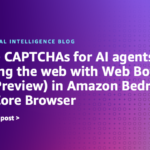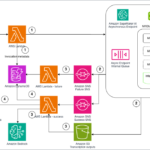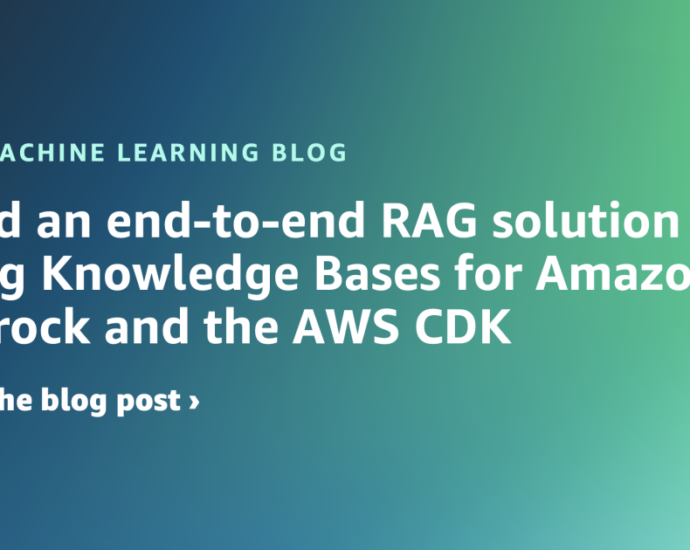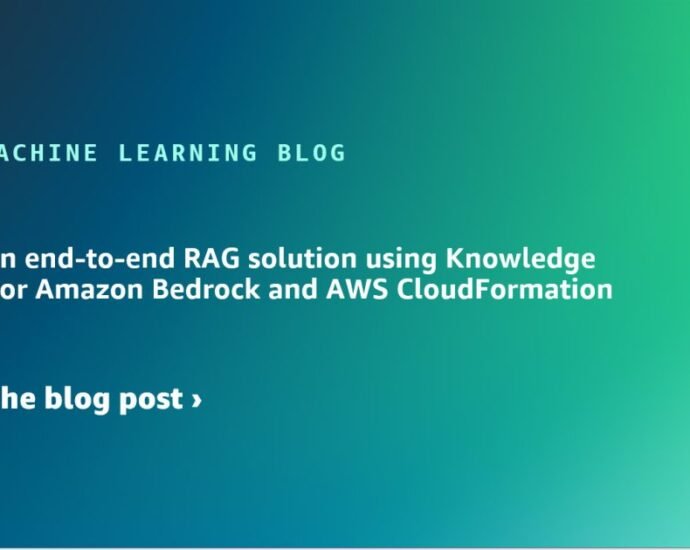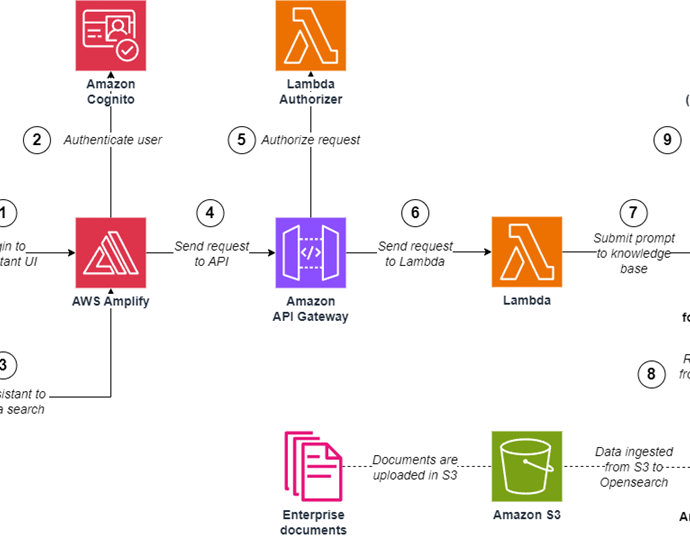End-to-End model training and deployment with Amazon SageMaker Unified Studio | Amazon Web Services
Although rapid generative AI advancements are revolutionizing organizational natural language processing tasks, developers and data scientists face significant challenges customizing these large models. These hurdles include managing complex workflows, efficiently preparing large datasets for fine-tuning, implementing sophisticated fine-tuning techniques while optimizing computational resources, consistently tracking model performance, and achieving reliable,Continue Reading
